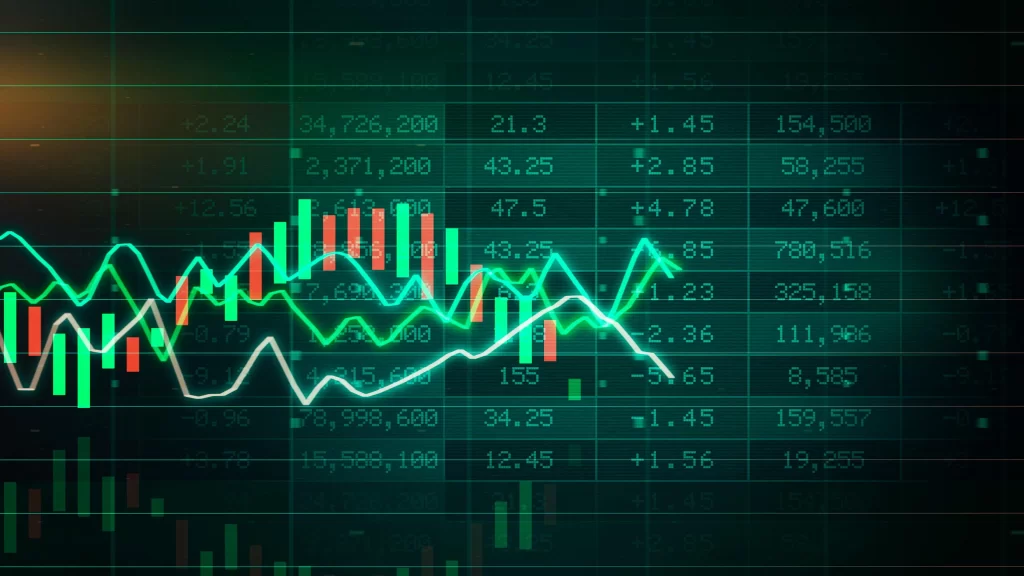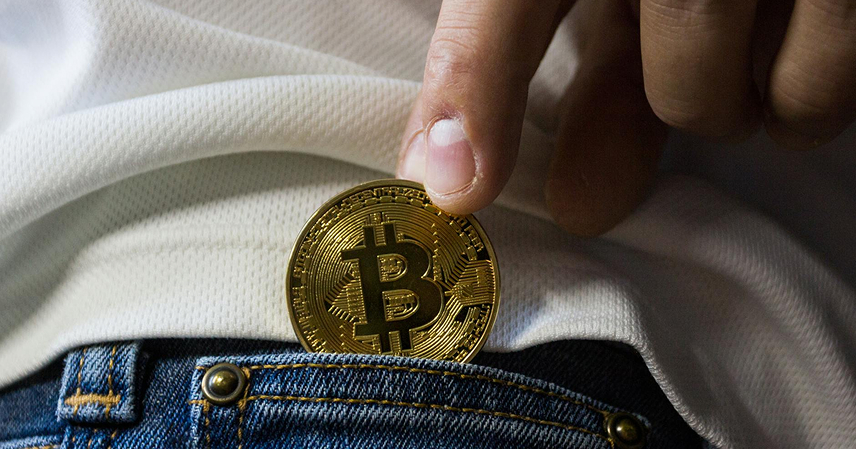Mumbai — The Indian stock market opened on a cautious note today as investors reacted to mounting geopolitical tensions between India and Pakistan, global economic concerns, and continued volatility in international markets. The BSE Sensex dipped by 138 points to settle at 72,361, while the Nifty 50 slid marginally to 21,909 during early trading hours.
Analysts suggest that the current market unease stems largely from ongoing cross-border tensions in northern India. On Sunday night, multiple ceasefire violations were reported across the Line of Control (LoC), prompting a swift response from the Indian Army. According to the Ministry of Defence, over 200 shelling incidents have been recorded in the past two weeks, leading to heightened military preparedness across Jammu & Kashmir.
Investor Sentiment on Edge
Geopolitical flare-ups have traditionally dampened investor confidence, and this week is no different. “The market is factoring in the possibility of sustained instability in the region, which could impact foreign institutional investor (FII) inflows and push volatility higher,” said Siddharth Menon, Equity Strategist at Kotak Securities.
FIIs have been net sellers in the Indian equity market for the past five sessions, offloading over ₹3,200 crore worth of shares, according to data from the National Securities Depository Limited (NSDL).
The India VIX—often referred to as the “fear index”—spiked by 6.5%, reflecting increased market anxiety. Investors have also shifted their focus to safer assets such as gold, which saw a 0.8% rise today, reaching ₹68,200 per 10 grams in Mumbai.
Technology and Pharma Remain Resilient
Despite the overall caution, certain sectors showed resilience. Technology stocks, bolstered by rising global demand and strong quarterly results, saw modest gains. Infosys, Wipro, and TCS registered an average uptick of 1.3%. Meanwhile, pharmaceutical companies gained traction as investors looked to defensive stocks; Dr. Reddy’s and Sun Pharma rose by 2.1% and 1.9% respectively.
“The tech sector is somewhat insulated due to the global nature of their contracts and dollar earnings, while pharma often acts as a safe haven during uncertainty,” said Namrata Shah, senior market analyst at Angel One.
Health and Economy: A Double Burden
Adding to investor worries is the severe heatwave affecting large parts of India. With temperatures soaring above 44°C in states like Rajasthan, Gujarat, and Madhya Pradesh, concerns are rising over potential disruptions to economic productivity and agricultural output.
According to the India Meteorological Department (IMD), this is one of the earliest and most widespread heatwaves recorded in recent years. Health authorities have issued advisories urging citizens to stay indoors, while economists warn that prolonged heat could affect rural demand, inflation, and GDP growth.
“The macroeconomic impact of climate anomalies is underappreciated. It could lead to a short-term spike in food prices and strain the already fragile rural economy,” said Dr. Rakesh Tiwari, economist at CRISIL.
Global Factors Add to Uncertainty
Internationally, ongoing concerns around U.S. interest rate hikes and instability in the Middle East have added to market jitters. The Federal Reserve is expected to review interest rates later this week, with many analysts anticipating a status quo but keeping an eye on the Fed’s language regarding inflation.
Oil prices remain elevated, trading above $89 per barrel, which could pressure India’s import bill and further weigh on the rupee, currently hovering at ₹83.12 against the U.S. dollar.
Conclusion:
While the Indian economy remains fundamentally strong, short-term market movements are being dictated by geopolitical and climatic uncertainties. Investors are advised to remain cautious, diversify portfolios, and avoid panic selling. As the situation evolves, market participants will be closely watching diplomatic developments, monsoon forecasts, and global central bank actions for cues.



